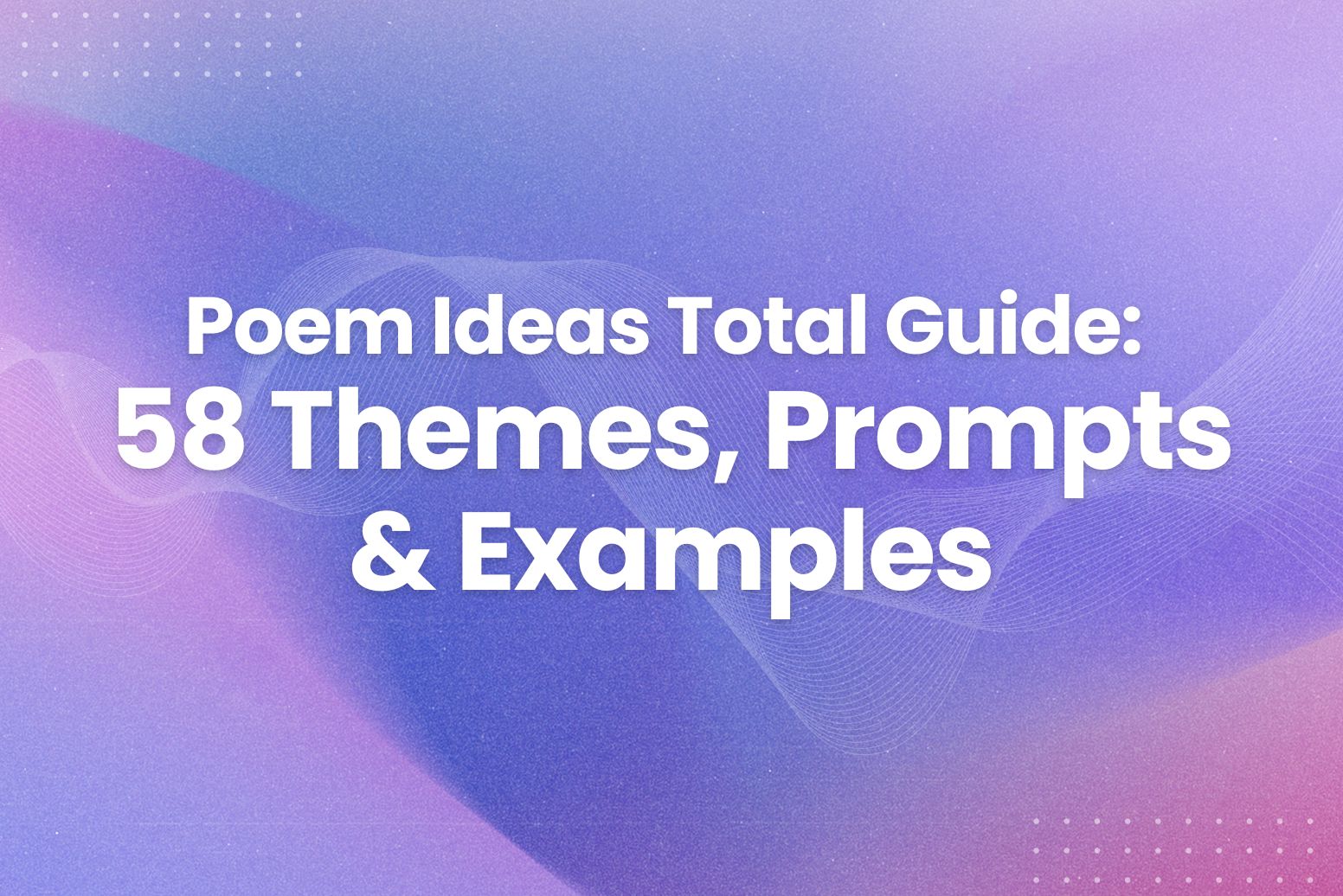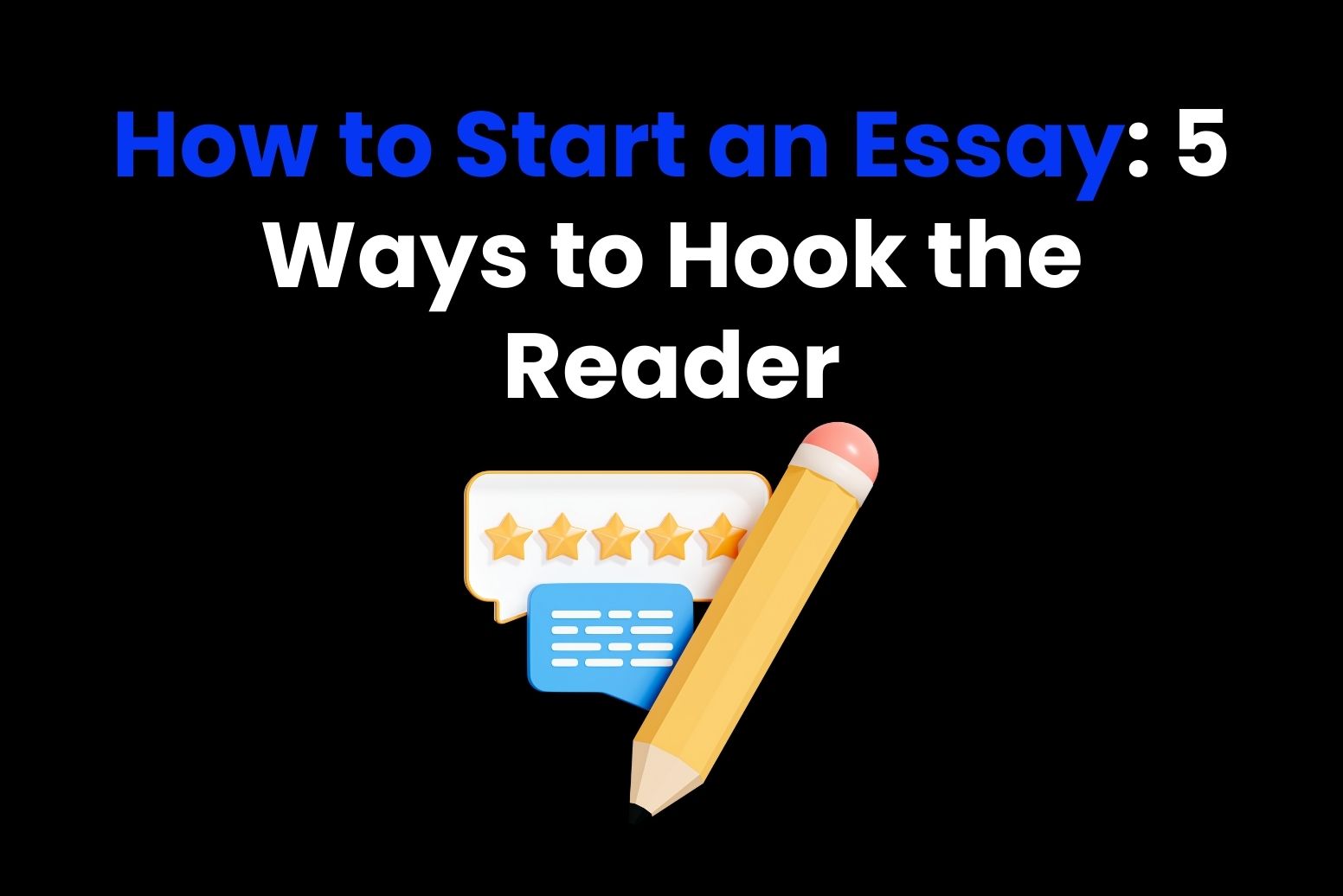The art of poetry is a delicate dance between inspiration and expression, often leaving even the most seasoned writers searching for that elusive spark. Whether you’re a budding poet or a seasoned wordsmith, the quest for fresh poem ideas can be both exhilarating and daunting. In this digital age of endless distractions, finding the quiet space to nurture your creative voice has become more challenging than ever. Yet, it’s within this very chaos that the seeds of poetic inspiration often lie dormant, waiting to be awakened by a curious mind.
This blog post is your gateway to unlocking a treasure trove of poem ideas, designed to ignite your imagination and set your pen in motion. From everyday observations to profound emotional landscapes, we’ll explore various wellsprings of inspiration that can transform fleeting thoughts into lasting verses. Whether you’re looking to craft a heartfelt sonnet, an evocative free verse, or a playful haiku, you’ll find a wealth of starting points to fuel your poetic journey.
If you find yourself struggling with poetry writing, why not give Arvin a try? Arvin is an advanced artificial intelligence that can help you achieve all your writing goals. Don’t hesitate to give it a try and see the magic it can bring to your poetry writing.
Poem Idea Themes
To help ignite your creativity first, we’ve curated a diverse list of poem idea themes. These categories span the spectrum of human experience, from the intimate workings of the heart to the vast expanse of the cosmos. Whether you’re drawn to the tangible world around you or the abstract realms of thought and emotion, you’ll find a springboard for your next masterpiece. Let these themes guide you as you explore the boundless possibilities of poetic expression, each offering a unique lens through which to view and interpret the world.
- Sensory Experience poem ideas
- Mythological & Folklore poem ideas
- Object-inspired poem ideas
- Time & Memory poem ideas
- Art & Music-inspired poem ideas
- Food & Culinary poem ideas
- Travel & Adventure poem ideas
- Identity & Self-exploration poem ideas
- Environmental & Climate poem ideas
- Relationship & Connection poem ideas
- Nature-inspired poem ideas
- Emotion-focused poem ideas
- Life Event poem ideas
- Sociopolitical poem ideas
- Historical & Cultural poem ideas
- Philosophical poem ideas
- Science & Technology poem ideas
- Person-centered poem ideas
- Urban & City Life poem ideas
- Dreamscape & Surreal poem ideas
Creative Poem Ideas
Kickstart your poetic journey with these diverse themes. From personal memories to universal experiences, each idea offers a unique avenue for creative expression. Use these prompts to explore different emotions, perspectives, and aspects of life through your verses. Whether you’re a seasoned poet or just starting out, let these ideas inspire your next masterpiece.
Natural World Poem Ideas
Nature offers a vast array of poetic inspiration. Consider composing verses about seasonal transitions, specific flora, celestial bodies, or diverse landscapes. The natural environment provides endless possibilities for evocative imagery and metaphors.
Youthful Recollections
Explore your early years through poetry. Focus on a particularly impactful childhood experience, detailing sensory memories and reflecting on its significance both then and now.
Life-Altering Occurrences
Document a pivotal moment in your life through verse. Analyze how this event, whether positive or negative, has shaped your personal growth and perspective.
Affection and Attachment
Delve into the multifaceted nature of love. Your poem could explore romantic relationships, familial bonds, platonic connections, or even self-appreciation.
Joy and Contentment
Identify and articulate sources of happiness in your life. Consider both significant and seemingly trivial elements that contribute to your sense of well-being.
Companionship Poem Ideas
Examine the role of friendship in your life. This could involve celebrating current relationships, commemorating past connections, or processing the loss of a friend.
Resilience Poem Ideas
Recount an instance where you faced and overcame adversity. Reflect on the lessons learned and personal growth achieved through this challenging experience.
Appreciation Poem Ideas
Enumerate aspects of your life for which you’re thankful. Explain the significance of these elements and how they enrich your existence.
Transformation Poem Ideas
Contemplate the evolution of your life over time. Address the various changes you’ve experienced and the emotions associated with these transitions.
Optimism Poem Ideas
Explore the concept of hope and its role in perseverance. Describe what instills hope in you and how it influences your approach to life’s challenges.
Memorable Poem Ideas
The following list offers a variety of inspiring prompts to help you craft memorable poems. Each idea encourages you to delve into different aspects of your life, from specific moments and cherished places to influential people and profound feelings. Whether you’re a seasoned poet or just beginning your journey with words, these prompts are designed to spark your creativity and guide you towards producing meaningful, evocative pieces. Let your imagination soar as you explore these themes and transform your thoughts into verse.
Capturing a Significant Moment
Focus on a specific instant that holds particular importance or memorability in your life. This could encompass joyful experiences, sorrowful events, or instances of profound realization or comprehension.
Daily Routine or Noteworthy Day
Provide a detailed account of your typical daily activities, or alternatively, narrate a specific day that stands out in your memory due to its exceptional nature.
Your Cherished Location
Explore a place that evokes feelings of security and contentment for you. Elaborate on the aspects that make this location special, detailing its characteristics and the emotions it stirs within you.
Meaningful Object
Examine an item that holds special significance in your life. This could be something you interact with regularly or an object you encounter infrequently but still carries importance.
Influential Individual
Discuss a person who has significantly shaped your life, whether positively or negatively. This could include family members, friends, educators, or any other individual who has left a lasting impact on you.
Significant Recollection
Contemplate a specific memory that holds importance for you. Consider what it evokes and use poetry to either celebrate a joyful remembrance or explore a difficult one.
Intense Emotion
Delve into a feeling that resonates strongly with you. Describe a particular emotion, detailing how it manifests in both your physical and mental states. Remember that poetry can be a powerful medium for expressing thoughts and emotions, so allow your words to flow naturally.
Our Planet Earth
Convey your appreciation and affection for our world and its offerings. Discuss the importance of environmental stewardship. Reflect on the phrase “the poetry of the earth” and its personal significance to you through verse or prose.
Personal Pastime
Write about an activity you find enjoyable and explain its significance in your life.
Impactful Event
Provide a detailed description of a particular experience that has left a lasting impression or had a significant impact on you.
Poem Type Ideas
- Acrostic
- Ballad
- Blackout poem
- Blank verse
- Cinquain
- Concrete poem
- Elegy
- Epic
- Free verse
- Haiku
- Limerick
- Narrative poem
- Ode
- Sonnet
Poetic Feeling Ideas
- You watch the sun rise or set.
- Your favorite song comes on.
- Your team wins or loses the game.
- You’re sleepy.
- It’s your birthday or Christmas morning.
- The first snow of the season falls.
- You wake up on Saturday morning.
- It’s the first day of summer vacation.
- You eat your favorite meal.
- You have to eat something you don’t like.
- It’s the first day of school.
- You learn to do something new.
- You can’t fall asleep.
- You’re playing with your pet.
- Something or someone makes you mad.
- Someone is mad at you.
Poem Ideas: Best Practices
Acrostic Poem Ideas
You may recall creating acrostic poems during your elementary school days. In an acrostic poem, the lines are organized in such a way that the first letter of each line contributes to spelling out a specific word. Here is an illustration:
Perfect tool for writing on the fly
Evolution from quills to fountains, ballpoints to rollerballs
No touchscreen or keyboard can replicate the satisfaction of writing by hand
In an acrostic poem, the lines can either be complete lines or individual words. Acrostic poems do not have a mandatory meter or rhyme pattern; the sole requirement is to create a word by using the first letter of each line.
Free Verse Poem Ideas
Free verse poetry clearly eliminates a uniform rhyme scheme and meter. A free verse poem can be either lengthy or brief, and it is capable of encompassing any subject matter. As long as it lacks a consistent rhyme scheme or meter, it is classified as a free verse poem.
“Autumn” by T.E. Hulme is example of a short free verse poem:
A touch of cold in the Autumn night—
I walked abroad,
And saw the ruddy moon lean over a hedge
Like a red-faced farmer.
I did not stop to speak, but nodded,
And round about were the wistful stars
With white faces like town children.
Haiku Poem Ideas
A haiku is a brief poem distinguished by its specific structure: a line of five syllables succeeded by a line of seven syllables and then another line of five syllables. These lines do not have rhymes.
Haiku originated from Japan. Initially, they were a part of a longer poem called a renga. With the passage of time, poets started to compose standalone haiku, and nowadays it is regarded as a separate poetic form. Haiku are usually about nature, and in Japanese, they incorporate a kireji, or “cutting word,” which divides the poem into two sections.
Examine this Haiku presented by Matsuo Bashō:
An old silent pond.
A frog jumps into the pond,
splash! Silence again.
Conclusion
As we reach the end of our poetic journey through these diverse themes, remember that the true power of poetry lies not just in the ideas themselves, but in your unique perspective and voice. These categories are merely starting points – launchpads for your imagination to soar. Don’t be afraid to blend themes, challenge conventions, or venture into uncharted territories of expression. The beauty of poetry is its ability to transform the ordinary into the extraordinary, to give voice to the unspeakable, and to connect us through shared human experiences. Your next great poem is waiting to be written, and with these ideas as your guide, you’re well-equipped to bring it to life. Now, pick up your pen (or ask Arvin for help), open your heart, and let the poetry begin.
For personalized poems, Arvin is here to assist you in crafting unique writings. Give Arvin a chance to create something inspiring.
FAQs
Try to incorporate your actual memories, personal reflections, or lived experiences into your poetry. Starting your poem off with something personal and unique to your own life will give your poetry a jolt of authenticity and specificity.
Begin penning down random words that pop into your brain.
Compose odes dedicated to ordinary things.
Create dialogue-based poetry.
Offer a fresh perspective on common themes.
Craft poems concerning your native city.
Main idea is what the poem is mostly about. It’s not a summary because it doesn’t contain many specific details. The main idea is the core content the poem conveys. It’s what minor details support.
For the beginner poet, a title is among the first things that are written off as an afterthought. Some of the most famous poems in the English language do not have titles; think of Emily Dickinson’s lyric shards.






